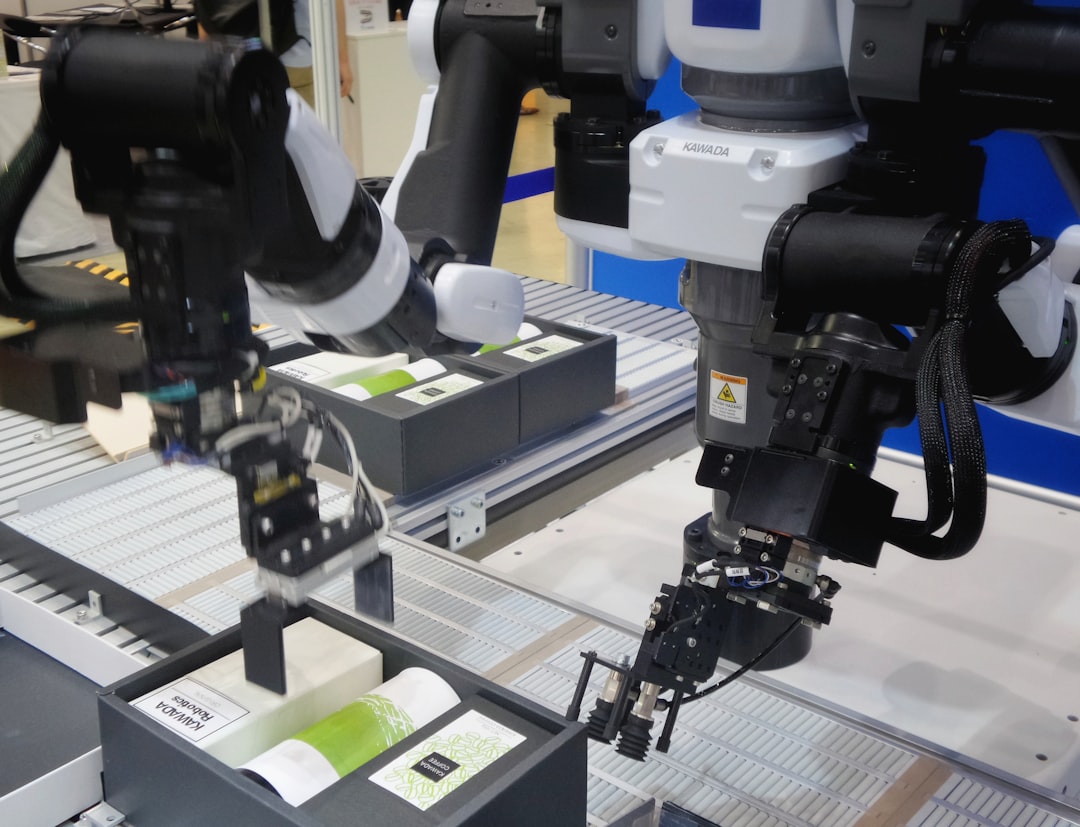In a world where efficiency and speed are key to business success, Robotic Process Automation (RPA) emerges as a game-changing technology. This powerful tool is revolutionizing business operations, offering a plethora of benefits, from reduced errors to increased productivity and cost savings.
Understanding Robotic Process Automation
Robotic Process Automation, or RPA, is a technology that uses software robots or 'bots' to automate routine, repetitive tasks that were previously performed by humans[^1^]. These bots can interact with the user interface of computer systems, mimicking human actions such as clicking on buttons, typing in data, or copying and pasting information between systems[^2^].
The Benefits of RPA
The advantages of implementing RPA in business operations are manifold. First and foremost, RPA significantly reduces the likelihood of errors, as bots follow prescribed rules and guidelines without deviation[^3^]. This leads to improved accuracy and quality of work.
Furthermore, RPA allows for increased productivity. Bots can operate 24/7 without breaks, enhancing operational efficiency[^4^]. Additionally, RPA can result in substantial cost savings, as it reduces the need for human intervention in routine tasks, freeing up employees to focus on more strategic, value-adding activities[^5^].
RPA in Action: Real-World Examples
Many companies across industries are harnessing the power of RPA to optimize their operations. For instance, Deutsche Bank implemented RPA to automate its manual, error-prone processes, resulting in a 30% reduction in operation costs and improving process accuracy to nearly 100%[^6^].
Similarly, American healthcare company Cigna used RPA to automate several processes, including claims handling and customer service inquiries. The result was a 50% reduction in process time and a 40% decrease in costs[^7^].
RPA and the Future of Work
RPA has significant implications for the future of work. As bots take over routine tasks, employees will have more time to engage in complex problem-solving, strategic thinking, and creative tasks – areas where human intelligence shines[^8^].
To prepare for this technology-driven landscape, companies need to invest in upskilling their workforce, cultivating digital literacy, and fostering a culture that embraces automation and innovation.
Looking Ahead: The Future of RPA
In conclusion, RPA stands as a cornerstone of business operations in the digital age. By automating routine tasks, it reduces errors, enhances productivity, and drives cost savings. As businesses continue to navigate the digital landscape, the importance of RPA will only grow.
From my perspective as a technology expert, I see RPA as an integral part of the future of work. With its capacity to free human workers from mundane tasks and its potential for driving efficiency, RPA is poised to shape the business world in the coming years in ways we can only begin to imagine.
[^1^]: "What is Robotic Process Automation (RPA)?" [^2^]: "How does Robotic Process Automation work?" [^3^]: "Benefits of Robotic Process Automation" [^4^]: "Productivity gains from RPA" [^5^]: "Cost Savings with RPA" [^6^]: "Deutsche Bank Case Study" [^7^]: "Cigna Case Study" [^8^]: "The Future of Work: RPA"
